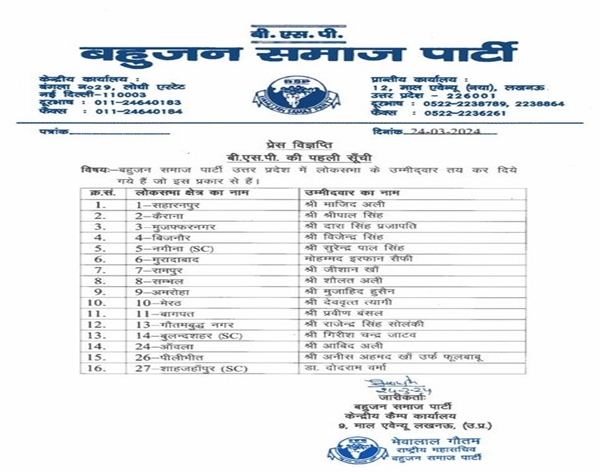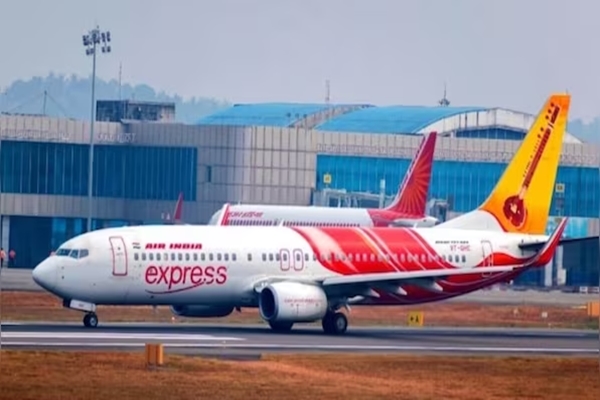Introduction
World Post Day is a special occasion celebrated globally on October 9th each year. This day commemorates the establishment of the Universal Postal Union (UPU) in 1874, which has since played a pivotal role in facilitating international mail services and promoting global communication. On this day, we not only celebrate the significance of postal services worldwide but also delve into the rich history and current status of India Post, the country's postal network.
A Brief History of India Post
India Post, commonly known as the Indian Postal Service, boasts a history that dates back to ancient times. It has evolved from informal systems of communication using runners, horse messengers, and pigeons to a well-structured postal network. The formal foundation of India Post, as we know it today, was laid during British colonial rule.
In 1854, the first postage stamp, commonly referred to as the "Scinde Dawk," was introduced in the Sindh region (now in Pakistan). This marked the inception of postal services in India. After independence in 1947, India Post underwent significant reforms to modernize and expand its services.
Key Services Offered by India Post
Mail Services: India Post handles an enormous volume of mail, including letters, postcards, parcels, and more. It offers both domestic and international mail services, connecting people across the globe.
Financial Services: India Post provides a range of financial services, including savings accounts, recurring deposit accounts, and monthly income schemes. The widespread network of post offices makes these services accessible to even remote areas.
Philately: India Post has a vibrant philatelic community. It releases commemorative and definitive stamps, showcasing the country's culture, heritage, and achievements. Stamp collectors, or philatelists, eagerly await these releases.
Retail Services: Many post offices now offer retail services such as bill payments, mobile recharges, and sale of forms for various government exams. This diversification has made post offices one-stop destinations for various needs.
e-commerce and Logistics: India Post plays a crucial role in the booming e-commerce industry by providing last-mile delivery services to many online retailers. Its extensive reach ensures that even remote areas receive their orders promptly.
Challenges and Modernization
While India Post has come a long way since its inception, it faces various challenges in the digital age. The rise of email and instant messaging has reduced the need for traditional mail services. To adapt, India Post has embraced technology, offering services like e-post and e-commerce solutions. It has also undertaken initiatives to digitize its vast network and improve efficiency.
One of the significant achievements in recent years is the implementation of the India Post Payments Bank (IPPB), a financial institution that leverages India Post's extensive network to provide banking services, especially in rural areas.
Conclusion
World Post Day serves as a reminder of the enduring importance of postal services in connecting people and fostering communication. India Post, with its rich history and commitment to serving the nation, continues to play a vital role in the lives of millions of Indians. As it embraces modernization and innovation, India Post remains an essential part of the country's infrastructure, bridging the gap between urban and rural communities and contributing to India's socio-economic development. On this World Post Day, let us appreciate the unsung heroes of India Post, the postal workers who tirelessly work to ensure that our letters and parcels reach their destinations, keeping the spirit of communication alive.
News On AIR | October 9, 2023 10:09 PM | Celebrating World Post Day: A Glimpse into India's Postal Service
Celebrating World Post Day: A Glimpse into India's Postal Service















